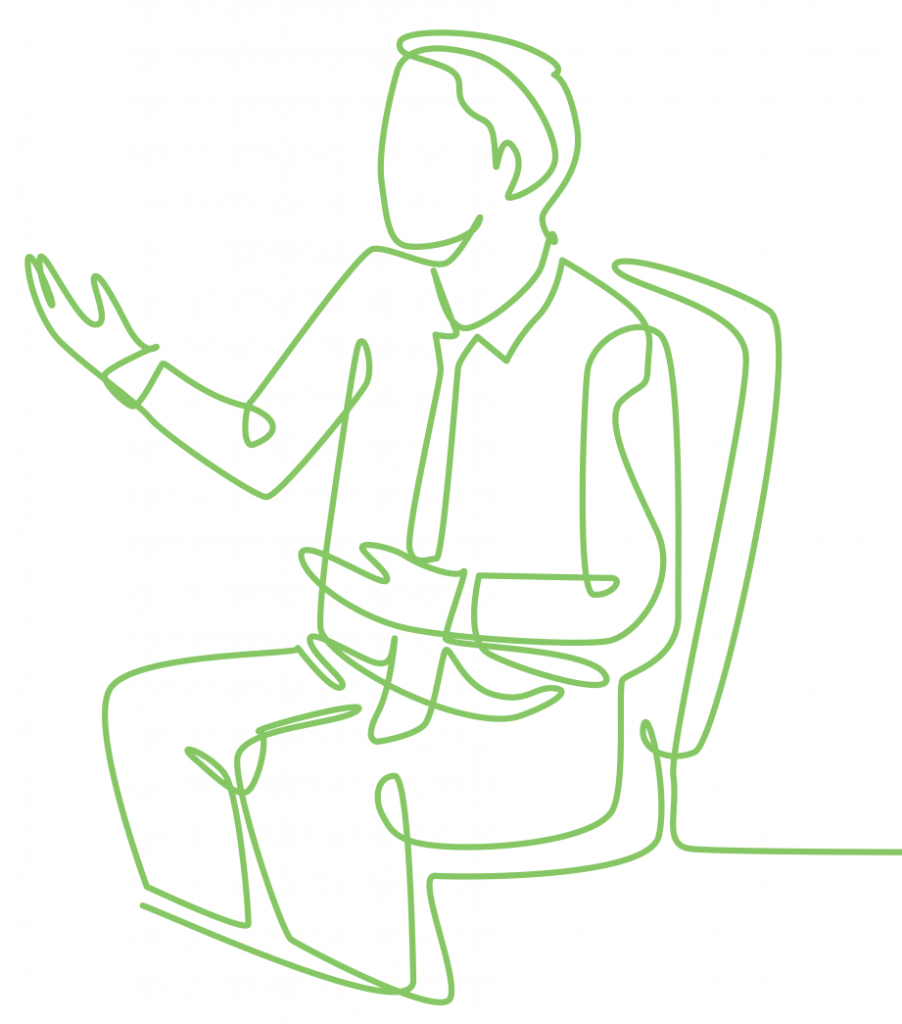Receiving a dementia diagnosis can feel overwhelming for both the person diagnosed and for their loved ones. One of the most important steps after receiving this news is accepting the diagnosis. Acceptance allows both the person living with dementia and you, their loved one, to begin planning and preparing for the future. You may want to write a list of questions to take to your loved one’s general practitioner, and / or contact the Dementia Australia helpline for further information and advice to assist your future planning.
When did you first learn about your loved one's diagnosis and how did you find out? We asked a group of caregivers to share their experience of caring for their loved ones living with dementia. Watch the below video to begin the journey:
“She was so fearful that everyone was going to start treating her differently…”
Sharing the diagnosis of dementia with friends and family can be difficult, as people living with dementia might feel the stigma of the diagnosis. It is important to delicately decide who to share the diagnosis with and how. Sharing the diagnosis with trusted family and friends can foster understanding, reduce isolation and help build a strong support network.
Listen to Marta and Luke describe the challenges and their approach in sharing the diagnosis with those who matter the most:
Make a plan on who to tell and how much information you would like to share.
Choose the right time and place to have the conversation.
Focus on how others can offer support, rather than just sharing the diagnosis
as news.
Encourage questions and offer educational resources to promote understanding.
“I never say, ‘do you remember?’
I say, ‘I remember when you baked 500 Christmas cookies at Christmas time…”
The cognitive decline in dementia can be as rapid as it is confronting, and it is important for caregivers to understand that the reality of people living with dementia is experienced differently to those around them.
Accepting the impact of cognitive decline is challenging. Caregivers often need to repeat conversations and accept the new reality that dementia brings. Listen to our caregivers share their approach to supporting their loved ones, and how they help them focus on living a meaningful life beyond diagnosis:
It has been estimated that dementia currently affects more than 55 million people worldwide, according to the World Health Organization (WHO), yet it remains a condition often misunderstood. These misconceptions can create unnecessary fear, stigma, and make it more difficult for individuals and their families to manage the challenges dementia brings.
Accepting the diagnosis of dementia is an important but difficult first step in breaking down the stigma that may come alongside a diagnosis of dementia.

Learn about dementia from reliable sources such as the World Health Organisation (WHO) and Alzheimer’s Disease International (ADI) to understand its causes, symptoms, and effects.

Actively dispel myths and misconceptions by sharing accurate information and correcting false statements when you encounter them.

Talk openly about dementia with friends, family, and community members to normalise the conversation and reduce stigma.
“The person (living) with dementia isn’t giving you a hard time, they are having a hard time…”
Dementia is a confronting condition that can be difficult for others to understand and empathise with. Learning about dementia is key to breaking down myths and supporting meaningful conversations with those who have it.
Hear from our caregivers as they convey life experiences from adapting to the challenges of dementia care to navigating meaningful conversations with compassion and confidence:
The words we choose when speaking about dementia matter. Using respectful, person-centered language, and avoiding the casual misuse of words or phrases with negative connotations, can significantly impact the well-being of a person living with dementia.
Being mindful about using terms such as “a person living with dementia” rather than “dementia patient, sufferer or victim” can maintain the dignity of those affected.

Equally important is how we communicate. Dementia can affect a person’s ability to process language, so our non-verbal cues, tone of our voice, and body language play a critical role in fostering better understanding and connection. It is important to avoid arguments with people living with dementia. It is essential we validate their feelings and how they now see the world.

Non-verbal cues can have a significant impact on how our messages are received.
Maintain eye contact and keep an open posture. Negative body language such as raised eyebrows, or a tense stance can be misinterpreted and create confusion or distress.

The tone and pitch of your voice are also important to communicate effectively with someone living with dementia.
Use a calm and friendly tone. Avoid speaking too quickly or loudly as this can be overwhelming.
“Numerous times I’ve had to correct somebody when they’ve made a very bad joke about dementia and memory loss”
Thank you to our caregivers Jane, Marta, Neil, and Luke who were an invaluable primary resource for the content on this website. Other online resources that were consulted include the following (all were accessed in March 2025). The information in these sources may not comply with the Australian regulatory environment. The intent of providing this further material is informational and not as advice; any information provided in these sources should be discussed with your healthcare professional and does not replace their advice.
Alzheimer’s Society. Communicating and dementia.
Alzheimer’s Project. The Importance of Routine and Familiarity to Persons with Dementia.
Dementia Australia. The National Dementia Helpline.
World Health Organisation (WHO). Dementia.